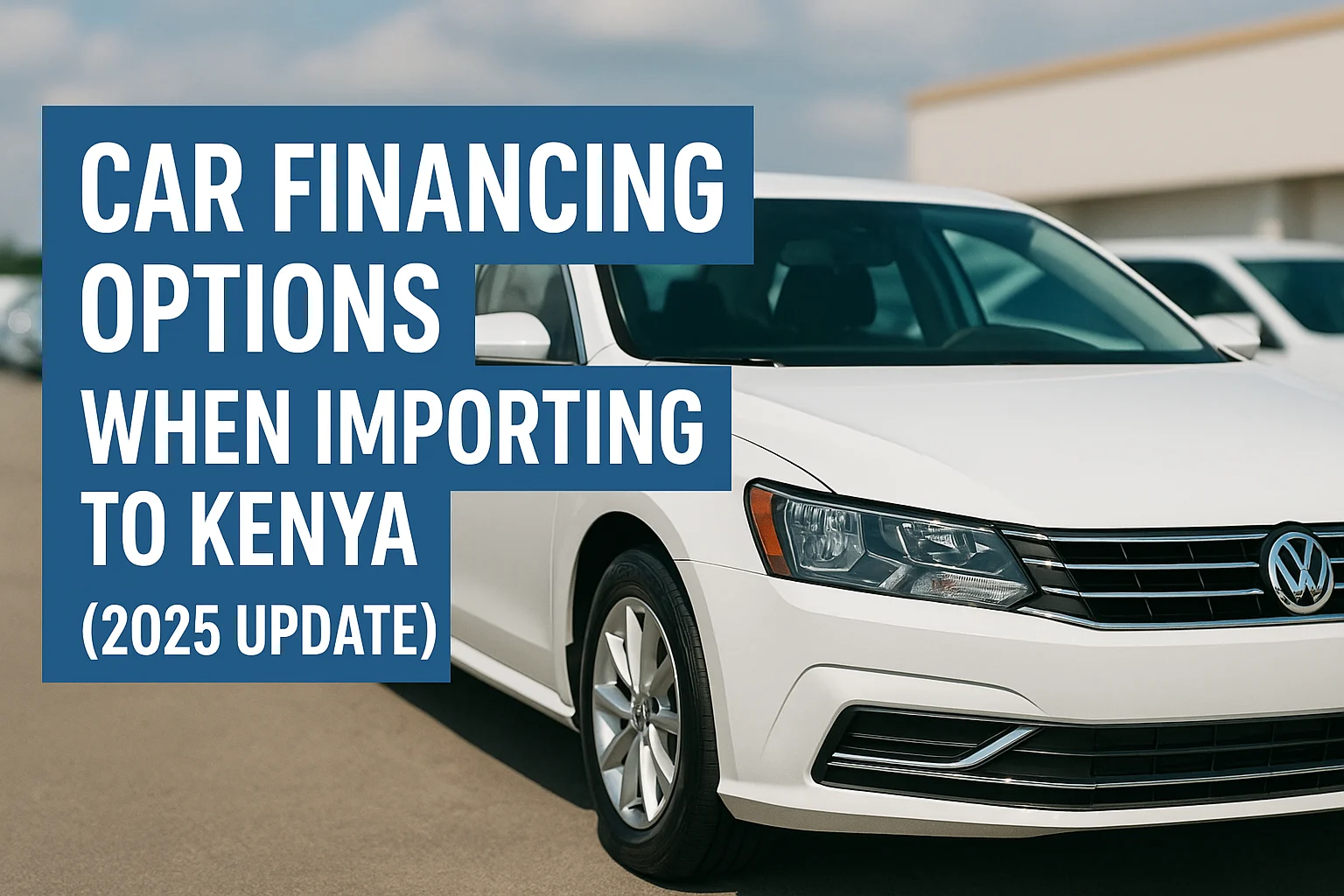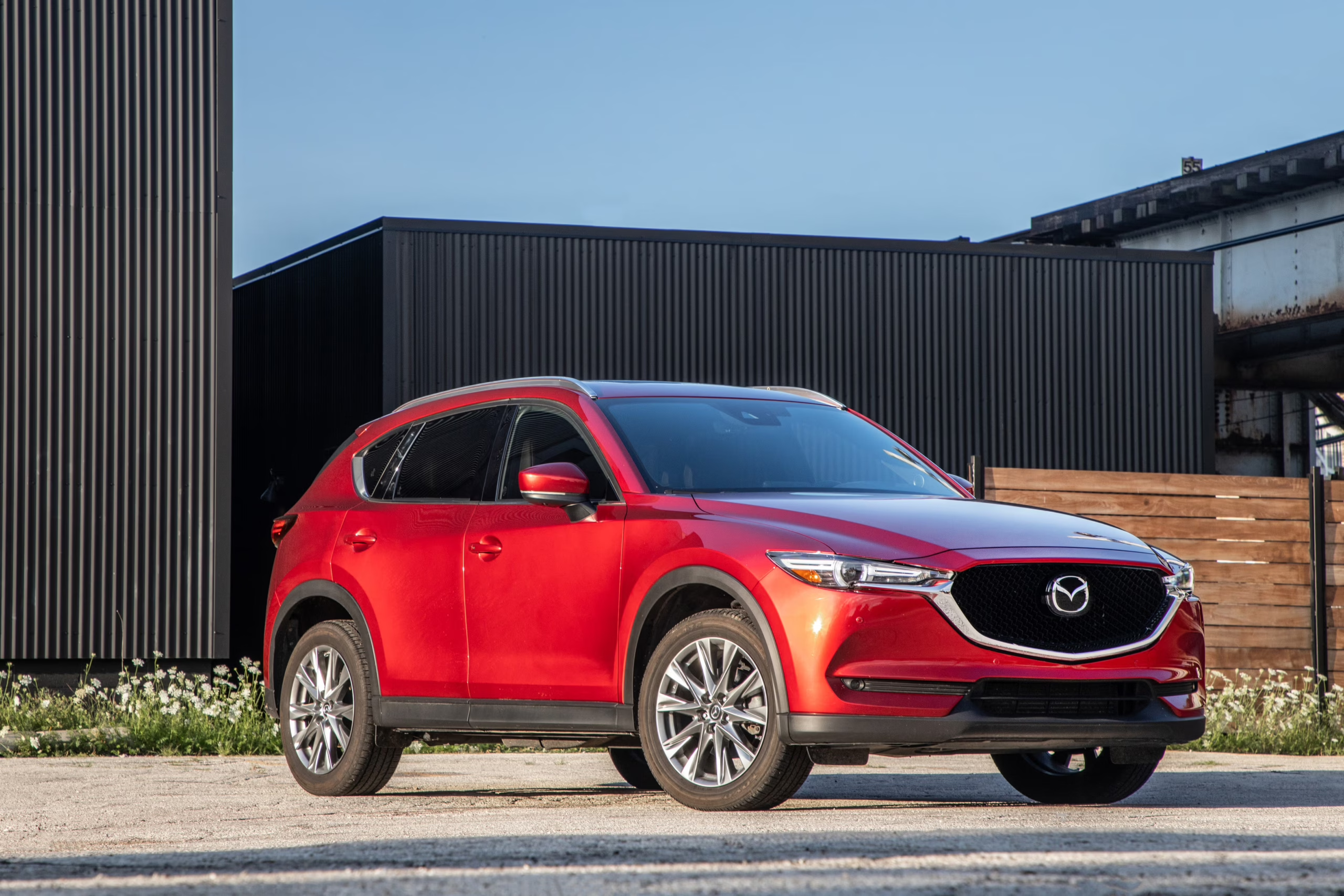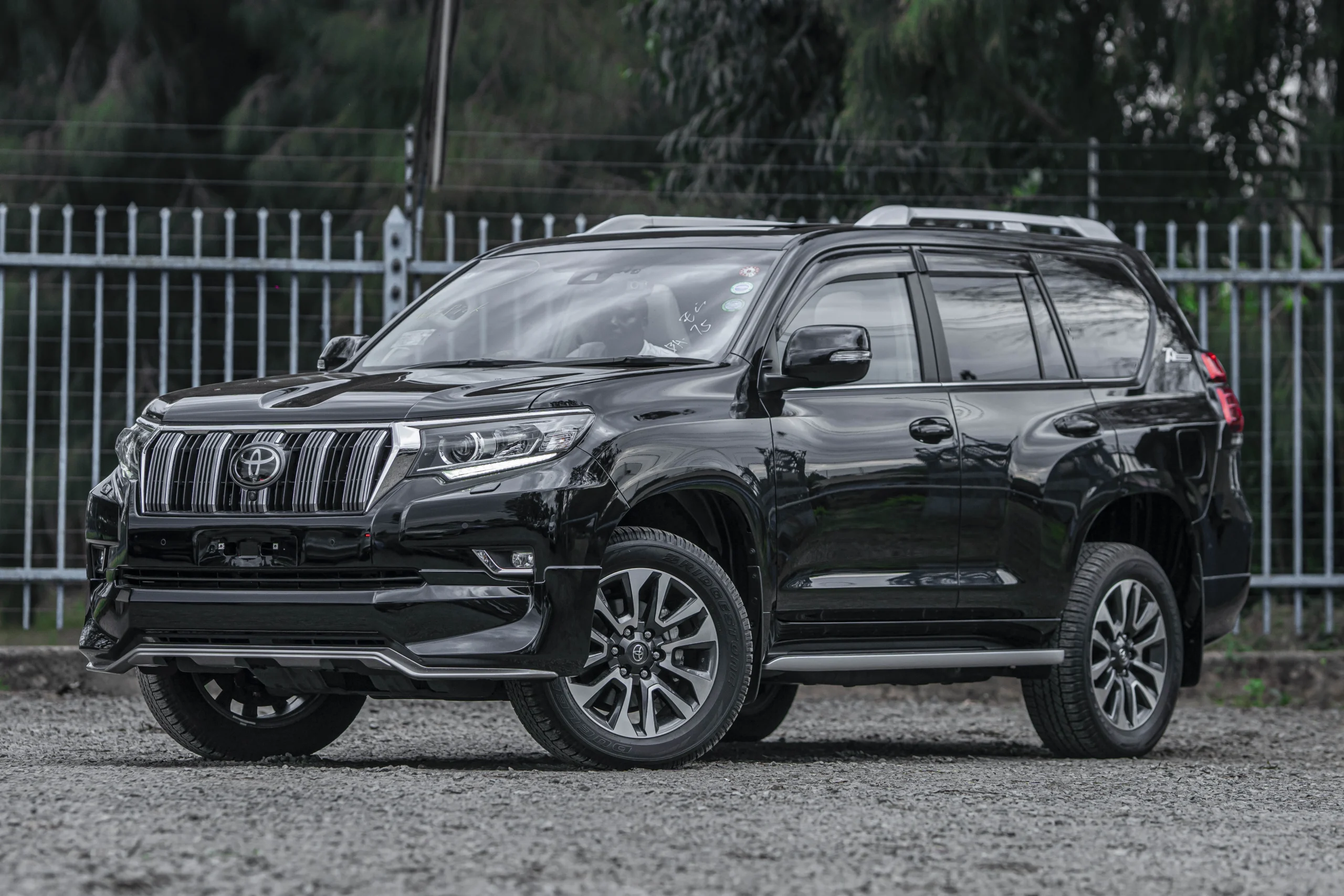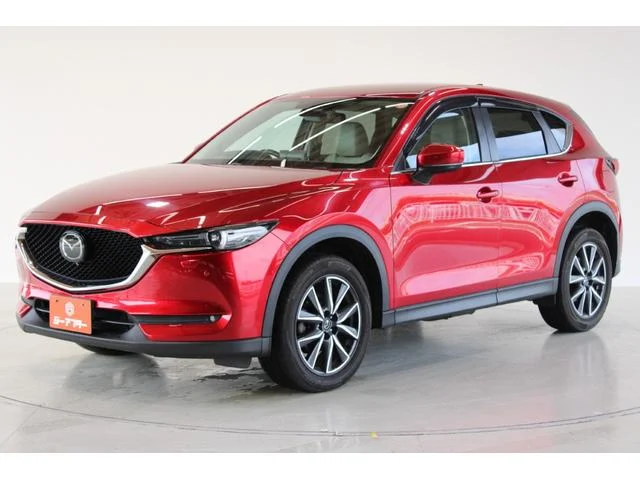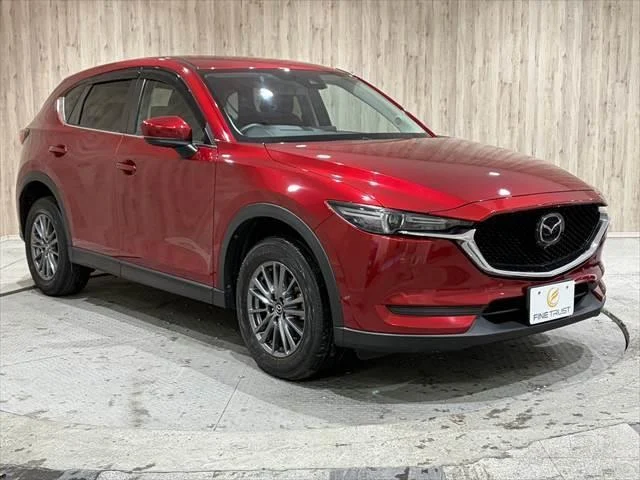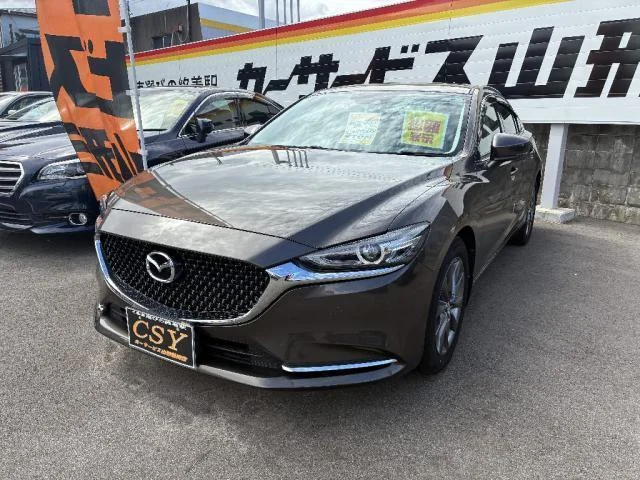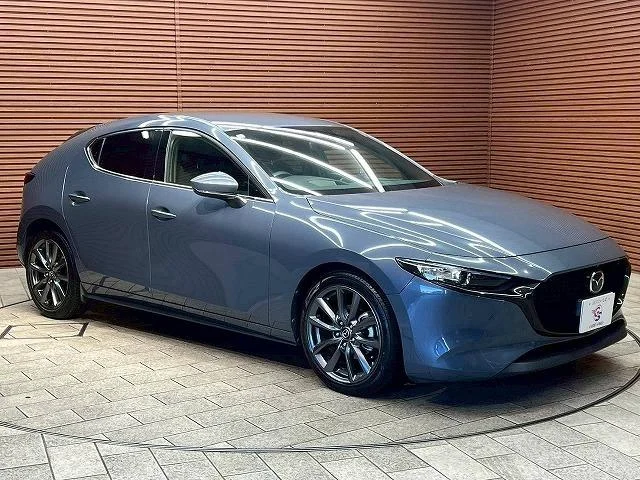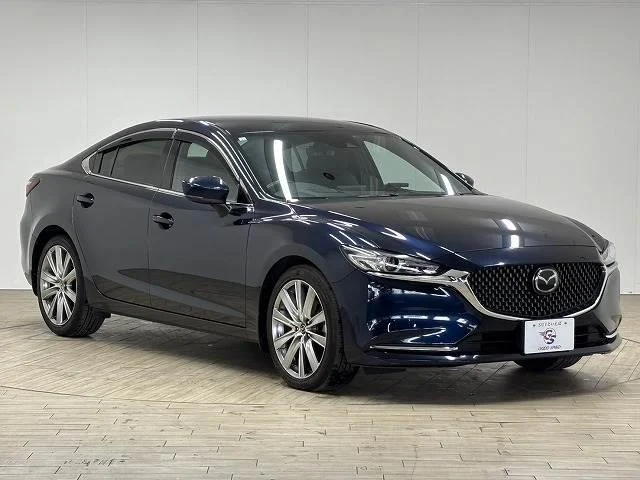Understanding Car Import Financing in Kenya
Car import financing in Kenya differs slightly from financing a locally purchased vehicle.
Importing involves additional costs like shipping, customs duties, and import declaration fees, which significantly increase the overall expense.
Traditional lenders often view imported vehicles as higher risk due to potential depreciation and logistical challenges.
This perception can lead to stricter lending criteria and potentially higher interest rates compared to financing a car already registered in Kenya.
It’s essential to factor in these nuances when assessing your financial readiness.
Before even considering specific financing options, carefully evaluate your budget, including the vehicle’s purchase price, shipping costs, import duties (which can vary depending on the vehicle’s age and engine capacity), and any potential repair or maintenance expenses.
A realistic assessment of these costs will help you determine the maximum loan amount you can comfortably afford and the type of financing that best aligns with your financial situation.
Consider consulting with a financial advisor to gain a clearer picture of your overall financial health and borrowing capacity.
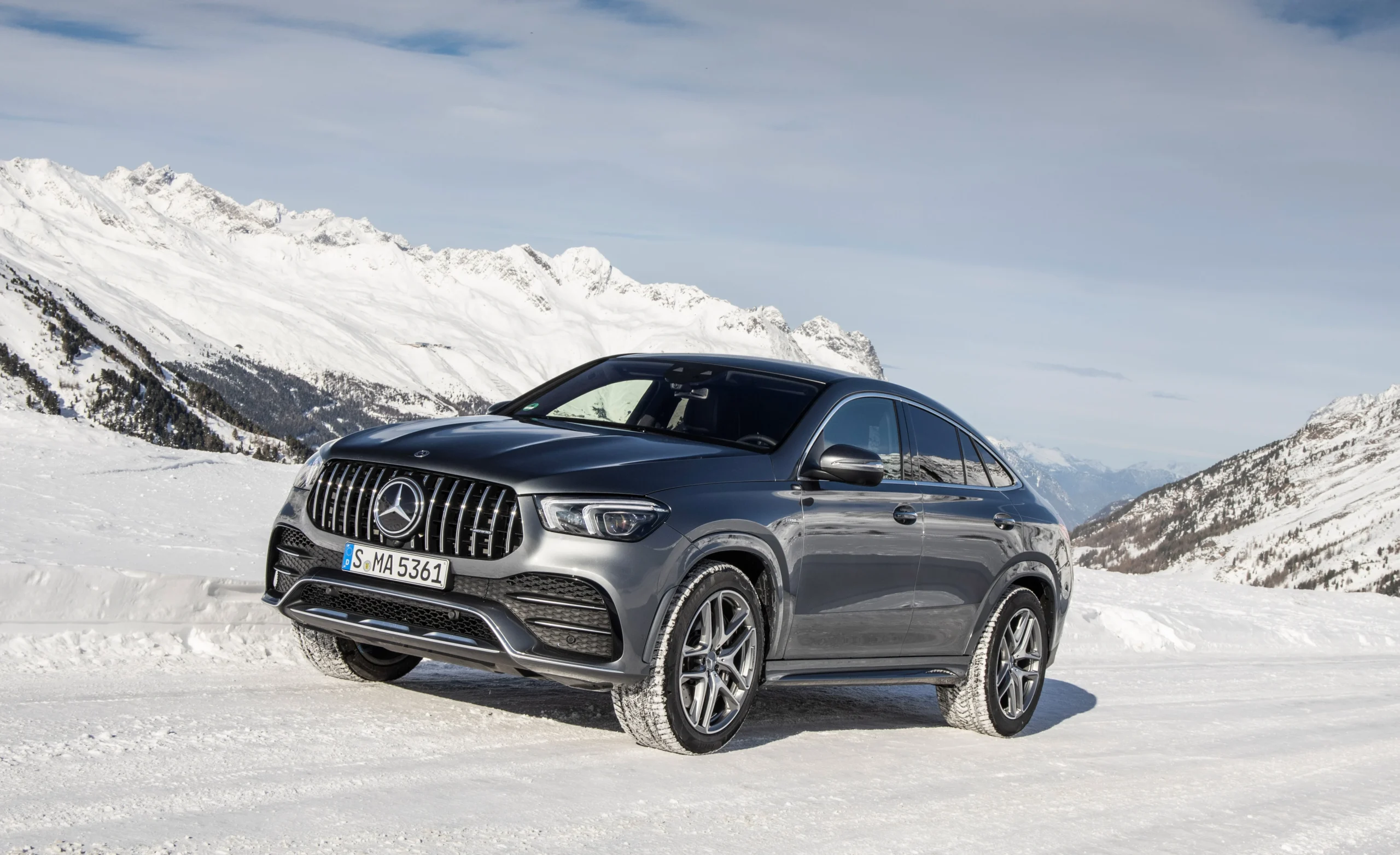
Types of Car Financing Options Available
Several car financing options cater to individuals looking to import vehicles into Kenya.
Traditional bank loans remain a popular choice, offering structured repayment plans and competitive interest rates, although as mentioned, they often come with stricter requirements for imported vehicles.
Microfinance institutions (MFIs) are another avenue, particularly for those who may not qualify for bank loans due to credit history or income limitations.
However, MFIs typically offer smaller loan amounts and higher interest rates.
Then there are specialized car import financing companies, which understand the intricacies of the import process and may offer more flexible terms.
Finally, personal loans can be utilized, but these often have higher interest rates than dedicated car loans.
Each option has its pros and cons, and the best choice depends on your individual circumstances.
For example, if you’re eyeing a specific model like a Toyota or a Lexus, understanding the potential financing options upfront is key to making a well-informed decision.
Don’t hesitate to shop around and compare offers from different lenders to secure the most favorable terms.

Importing a Car to Kenya: Costs and Considerations
Beyond the vehicle’s purchase price, importing a car to Kenya involves a range of costs that significantly impact the overall financial commitment.
Import duty is a major expense, calculated as a percentage of the vehicle’s value and engine capacity.
Value Added Tax (VAT) is also applicable on the imported vehicle’s value, including import duty.
Import Declaration Fee (IDF) is a small percentage levied on the customs value.
Shipping costs vary depending on the origin of the vehicle, the shipping method (sea or air), and the destination port in Kenya.
Other costs include clearing and forwarding agent fees, registration fees, and insurance.
Furthermore, consider potential currency fluctuations, which can impact the final cost.
A thorough understanding of these costs is essential for accurate budgeting.
For instance, importing a Lexus LX 600 will incur significantly higher import duties than a smaller vehicle.
Careful planning and research can help mitigate unexpected expenses and ensure a financially sound import process.
Enan Motors can provide guidance on estimated import costs based on your chosen vehicle.
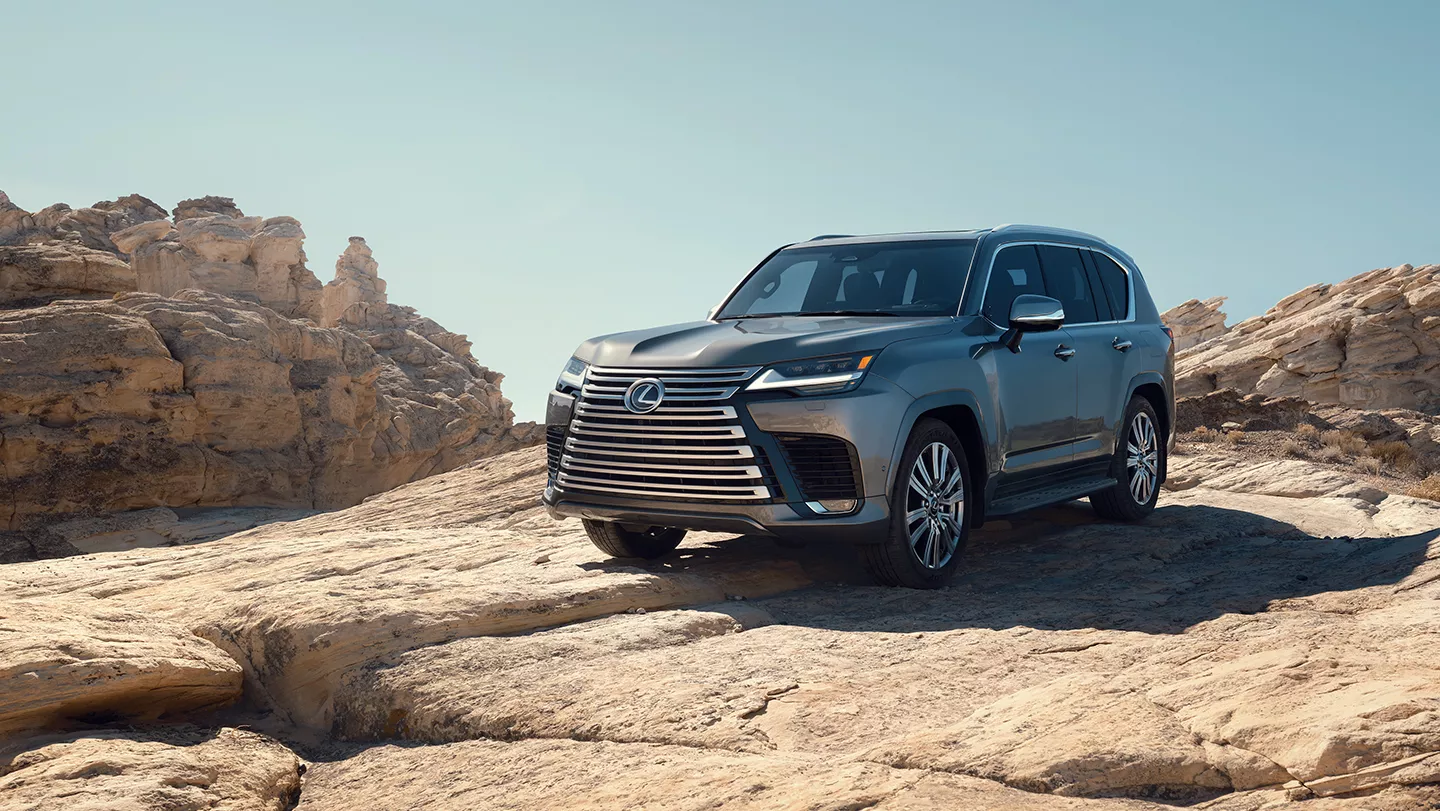
Bank Financing for Imported Cars
Securing bank financing for an imported car in Kenya requires careful preparation and a strong financial profile.
Banks typically assess your creditworthiness, income stability, and the vehicle’s value.
They may require a down payment, often ranging from 20% to 50% of the vehicle’s total cost (including import duties and shipping).
Interest rates on imported car loans are generally higher than those for locally purchased vehicles, reflecting the perceived higher risk.
Loan tenures typically range from 1 to 5 years.
Banks often require comprehensive documentation, including proof of income, bank statements, a copy of the vehicle’s purchase agreement, and import documents.
Having a good credit score is crucial for securing favorable loan terms.
Consider pre-approval from a bank before committing to a vehicle purchase to understand your borrowing capacity and potential interest rates.
If you’re considering a BMW X6, for example, be prepared to demonstrate a substantial income and a strong credit history to qualify for bank financing.
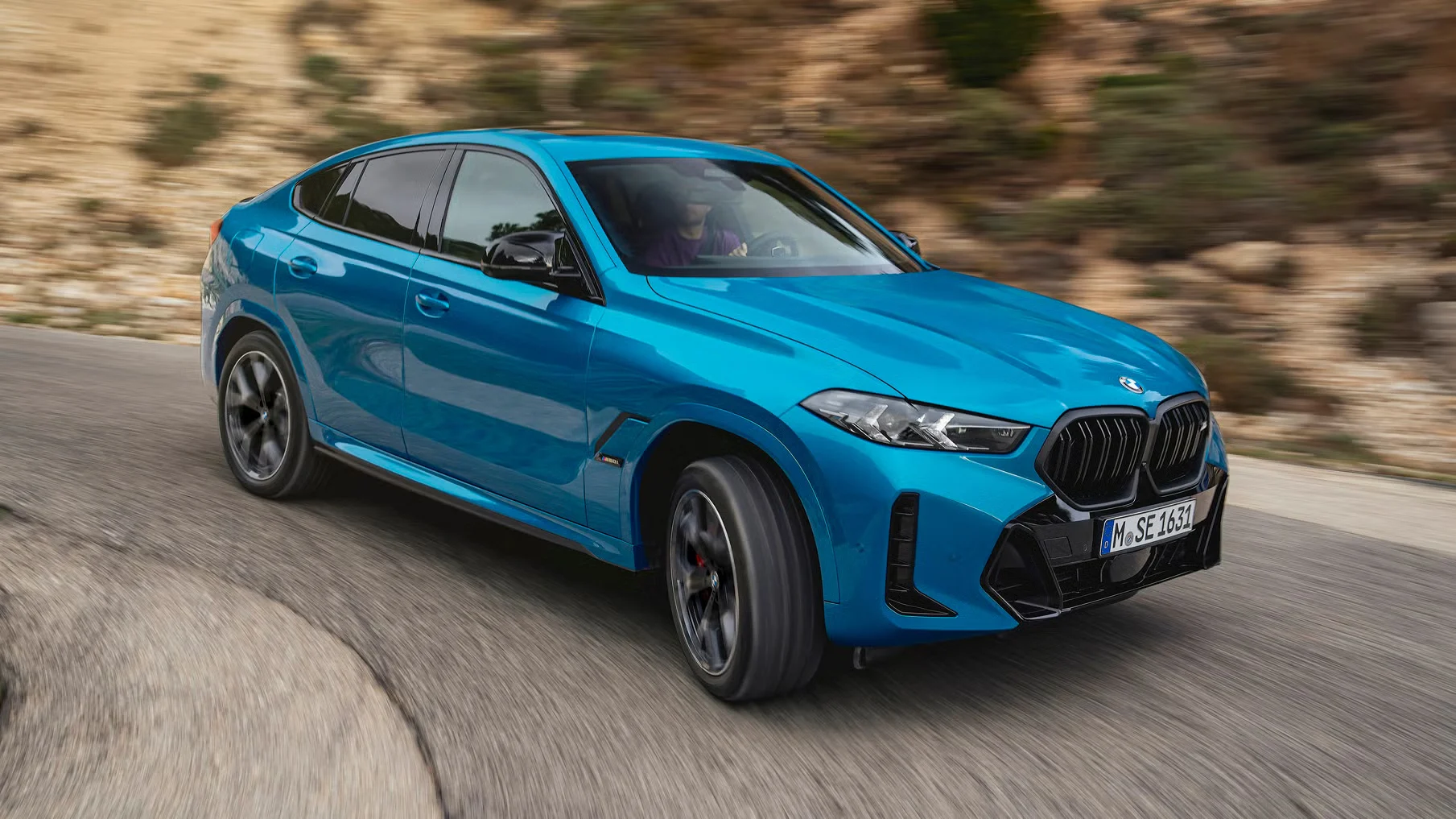
Alternative Financing Options for Car Imports
While bank financing is a common route, alternative financing options can be valuable, especially for those facing challenges securing traditional loans.
Microfinance institutions (MFIs) offer smaller loans with potentially more flexible terms, although interest rates are typically higher.
Saccos (Savings and Credit Cooperative Organizations) can provide competitive loan rates to their members.
Online lending platforms are emerging, offering quick and convenient loan applications, but it’s crucial to compare interest rates and terms carefully.
Peer-to-peer lending platforms connect borrowers directly with lenders, potentially offering more personalized loan options.
Finally, personal loans can be used, but these usually come with higher interest rates.
Exploring these alternatives can broaden your financing options and increase your chances of securing the funds needed to import your desired vehicle.
If you’re interested in a Mazda CX 5, for instance, an MFI might be a viable option if you’re a member and meet their lending criteria.
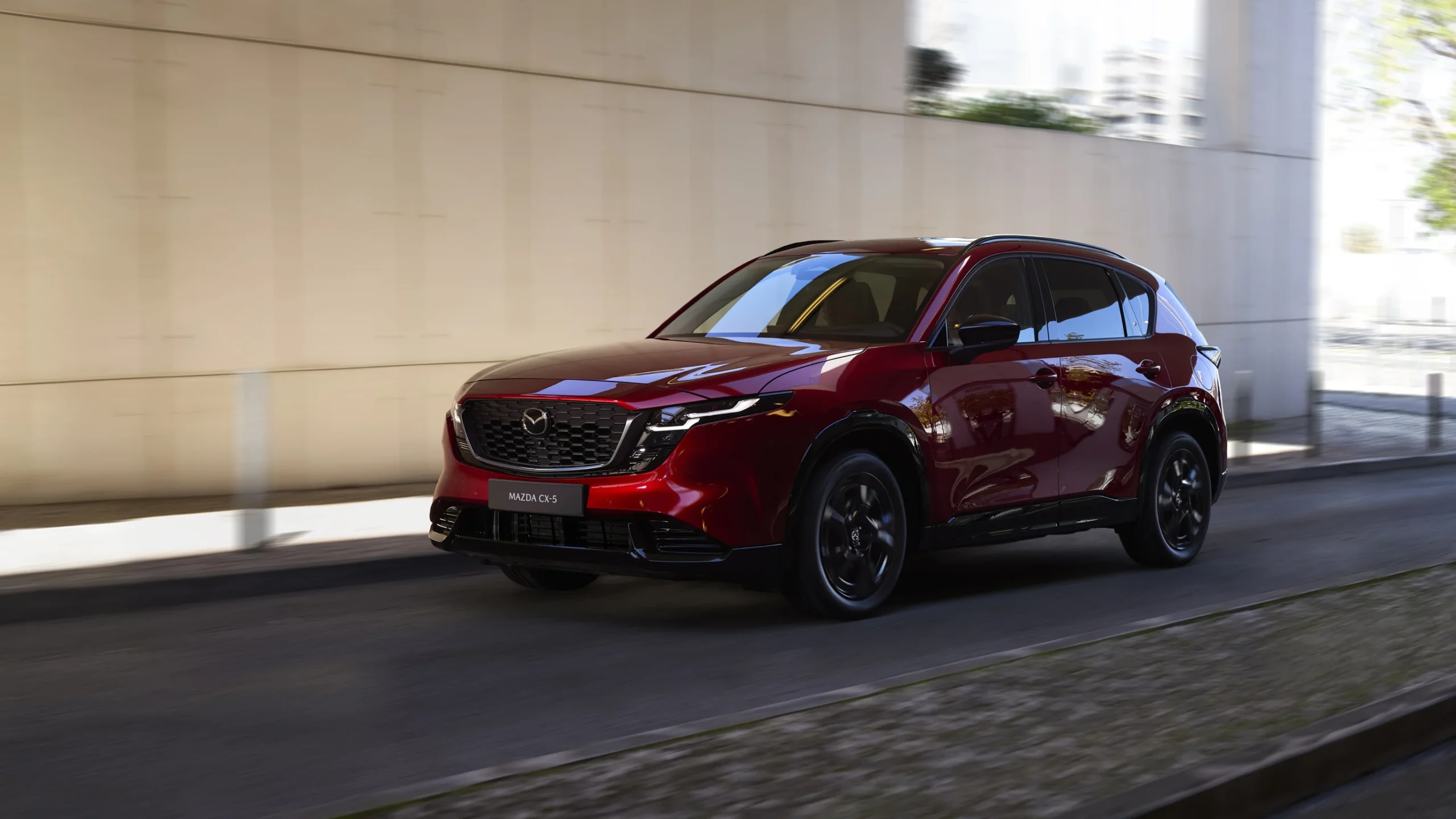
The Role of Credit Scores in Car Import Financing
Your credit score plays a pivotal role in determining your eligibility for car import financing and the interest rates you’ll receive.
A good credit score demonstrates a history of responsible borrowing and repayment, making you a more attractive candidate to lenders.
Conversely, a poor credit score can significantly limit your financing options and result in higher interest rates.
Lenders use credit scores to assess the risk of lending to you.
Before applying for a car import loan, check your credit report and address any errors or outstanding debts.
Improving your credit score can involve paying bills on time, reducing your credit utilization ratio, and disputing inaccurate information.
Even a small improvement in your credit score can make a significant difference in the interest rates you qualify for.
If you’re planning to import a Mercedes Benz, a strong credit score is essential to secure favorable financing terms.

Enan Motors: Simplifying Car Import and Financing
Navigating the complexities of car importation and financing can be overwhelming.
Enan Motors simplifies the entire process, offering comprehensive car import services and guidance on financing options.
We have established relationships with reputable banks and financial institutions, enabling us to assist you in securing competitive loan terms.
Our experienced team can handle all aspects of the import process, from sourcing the vehicle to clearing customs and arranging shipping.
We provide transparent cost estimates and keep you informed every step of the way.
We understand the unique challenges of importing vehicles to Kenya and are committed to providing a seamless and stress-free experience.
We can even help you find the perfect vehicle from our Inventory of available cars, whether it’s a reliable Honda or a stylish Mazda.
Contact us today at 0723 328 339 or imports@enanmotors.com to discuss your car import needs and financing options.
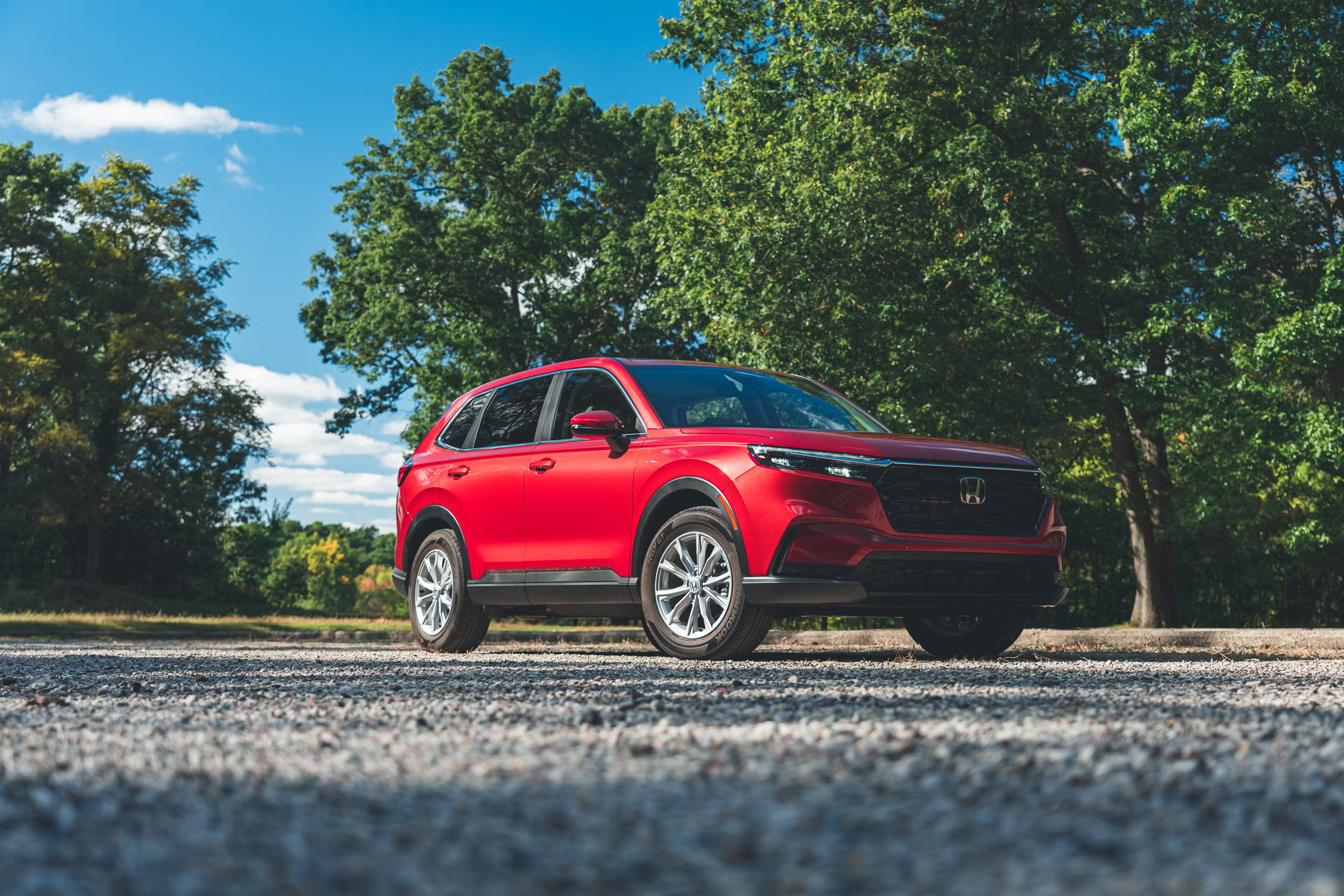
Conclusion
Importing a car to Kenya can be a rewarding experience, but it requires careful planning and financial preparedness.
Understanding the various car import financing options, associated costs, and the impact of your credit score is crucial for making an informed decision.
Whether you choose bank financing, explore alternative options, or leverage the expertise of a trusted partner like Enan Motors, prioritize transparency, comparison shopping, and a realistic assessment of your financial capacity.
Don’t hesitate to seek professional advice from financial advisors or car import specialists.
Remember, a well-planned import process can lead to owning the vehicle of your dreams without straining your finances.
For a hassle-free car import experience and expert guidance on financing, reach out to Enan Motors via WhatsApp or give us a call at 0723 328 339.
Let us help you navigate the complexities and achieve your car ownership goals.
You can also learn more about our Import process and see our About Enan Motors page for more information.

FAQ
- What is the average interest rate for car import financing in Kenya?
Interest rates vary depending on the lender and your credit score, but typically range from 12% to 25% for imported vehicles. - How much down payment is required for an imported car loan?
Most lenders require a down payment of 20% to 50% of the vehicle’s total cost, including import duties and shipping. - What documents are needed to apply for car import financing?
You’ll typically need proof of income, bank statements, a copy of the vehicle purchase agreement, import documents, and your national ID. - How does my credit score affect my financing options?
A good credit score increases your chances of approval and secures lower interest rates, while a poor credit score can limit your options and result in higher rates. - Can Enan Motors help me with car import financing?
Yes, Enan Motors has established relationships with lenders and can guide you through the financing process, providing expert advice and support.

